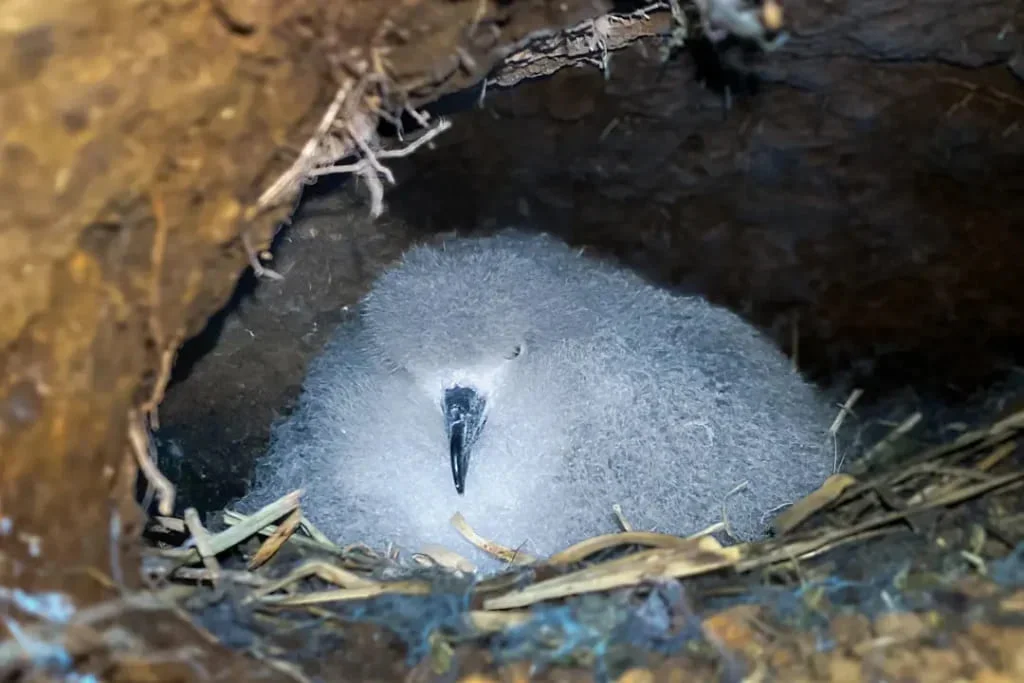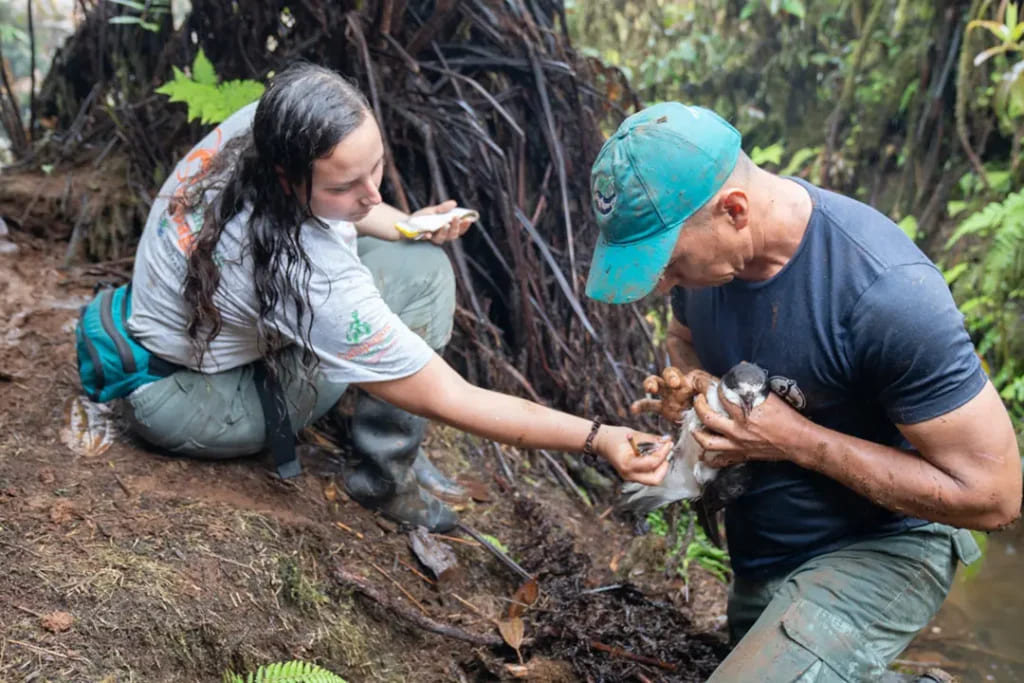
Discovery of Galápagos Petrel Nests on Isabela Island Renews Conservation Hopes | Travel News
A recent discovery of active Galápagos petrel nests (Pterodroma phaeopygia) on Isabela Island has brought new hope for the conservation of this critically endangered species. This marks a major step forward in protecting the island's iconic seabirds, whose breeding sites have long been under threat.
In June and September 2024, expeditions led by Galápagos Conservancy and Galápagos National Park staff explored possible nesting sites on the Sierra Negra volcano, including both protected and agricultural areas.
Supported by the National Fish and Wildlife Foundation, the team surveyed new and known nesting sites and evaluated ongoing threats to the petrel population. Petrels dig burrows in volcanic soils where they nest, but face dangers from invasive species like rats, dogs, and plants.

The team found 11 nests in the National Park, three showing recent activity, and confirmed petrel chicks in burrows on farms, a critical milestone. New nests were also found in the agricultural zone, helping broaden knowledge of the species' distribution on the island. Lead researcher Doménica Pineda expressed optimism, noting the discoveries bring hope for the petrel’s recovery.
However, challenges remain, with invasive plants and animals affecting many nesting areas. The team found that farm nests, located in more open areas, face fewer invasive species, suggesting private lands could play an important role in conservation efforts.
Galápagos Conservancy plans to continue monitoring active nests and exploring new areas, reaffirming their commitment to protecting Galápagos petrels and their habitats.
%20during%20a%20monitoring%20activity%20for%20this%20protected%20species.%20%C2%A9DPNG.jpg?alt=media&token=7c1193ad-f8e4-4a52-b918-5e99325bc43f)
Check Our Suggested Tours:
- Enchanted Central Islands Luxury Exploration
- Genovesa & Central Gems 8-Day Cruise
- Itinerary East Galapagos
- Galapagos Eastern Islands 8 day cruise Itinerary on board Ocean Spray
- 4-Day Galapagos Cruise to Eastern Islands: Your Ultimate Exploration Experience
- 8 Days Western and Northern Galapagos Islands catamaran cruise

